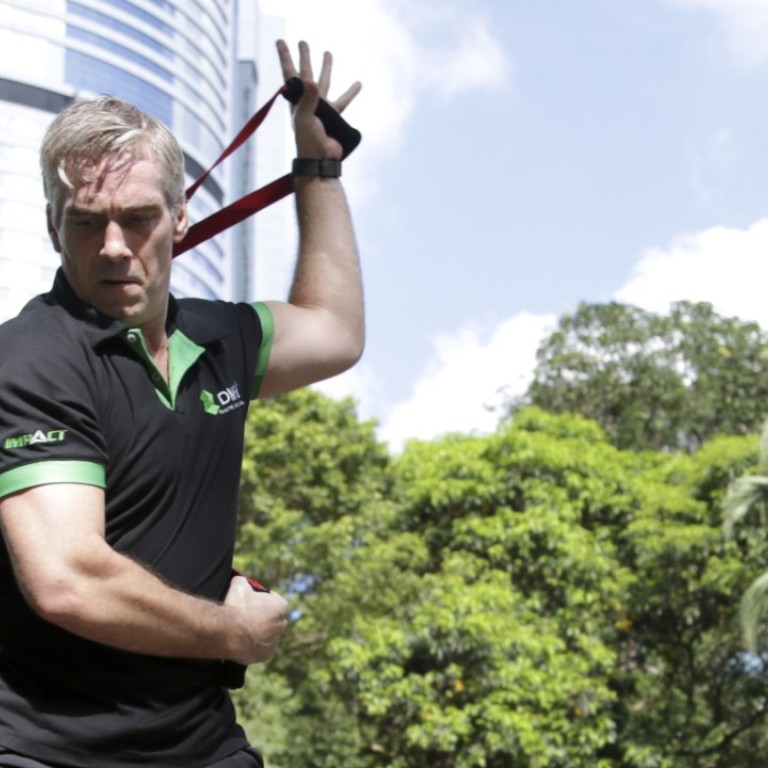
Does your DNA hold the key to a fitter, slimmer you? Ex-rugby pro Alex Poole explains
Whether your goal is to run a marathon, get more muscular or simply to lose your love handles, Poole says that a DNA test can help you get the best results for the time and effort you put in
Staying fit can be a challenge and taking short cuts can frequently end in injury. But that doesn’t mean you shouldn’t look for ways to make training more efficient. One person who might be able to help is former pro rugby player Alex Poole, 43, who is helping people streamline the road to that ideal body with the help of science – specifically DNA.
Poole’s love of science and fitness started when he was a student studying homeostasis – the self-regulating processes by which biological systems maintain stability.
“It suddenly dawned on me how amazing the body was at doing so many things at once, some voluntary and some not.” he says. “As a keen sportsman, it was then that I decided I wanted to learn more about how to optimise the body for peak performance and health.”
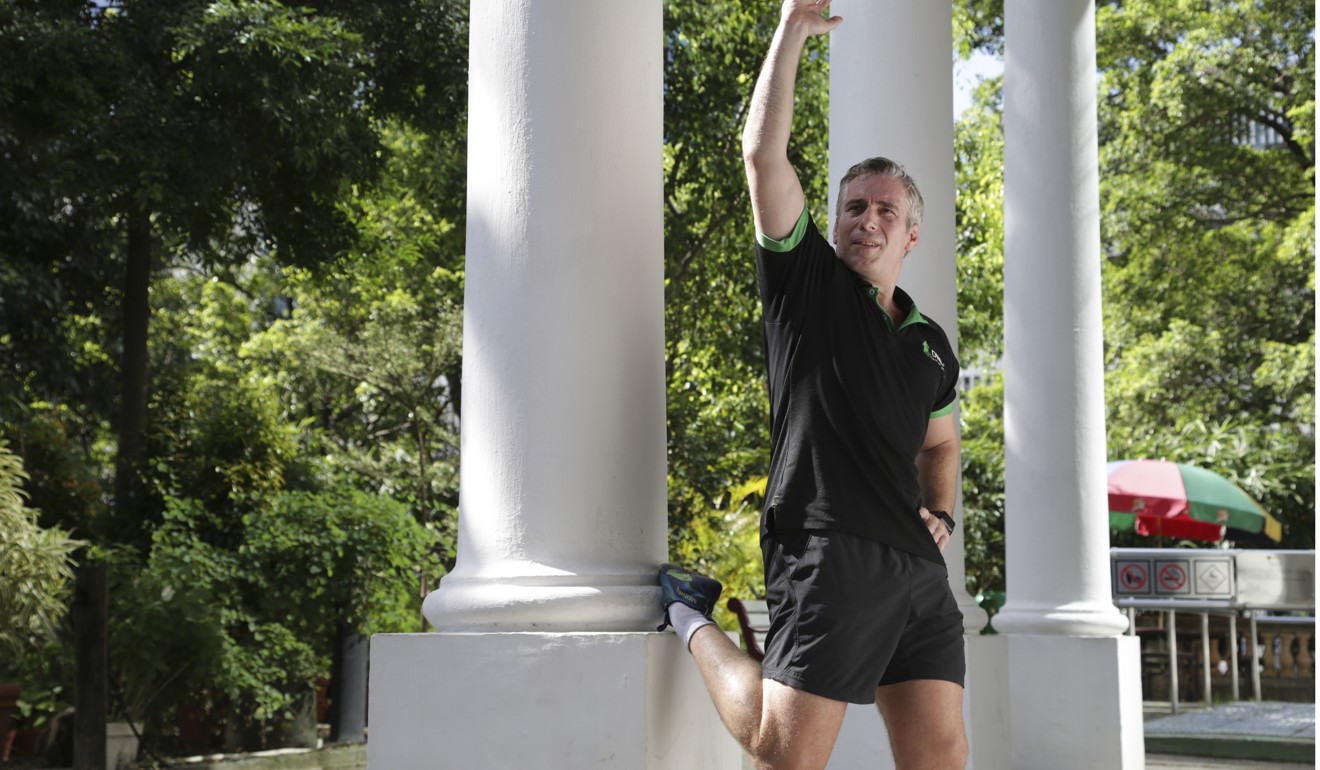
Three-minute morning workout that boosts your metabolism – ideal for time-pressed Hongkongers
Now director of DNAFit in Central, Poole has grown a career helping pro athletes stay healthy, while helping people get the most out of their workouts by knowing a bit more about who they are – at the cellular level. Here he elaborates on how he does it.
You’ve worked with some big names in sport. How did you help them?
I’ve worked with too many to mention, in a wide range of sports and for a wide range of reasons. Some I have helped rehabilitate from injury, others I’ve helped with their career longevity and yet more have been about peak performance.
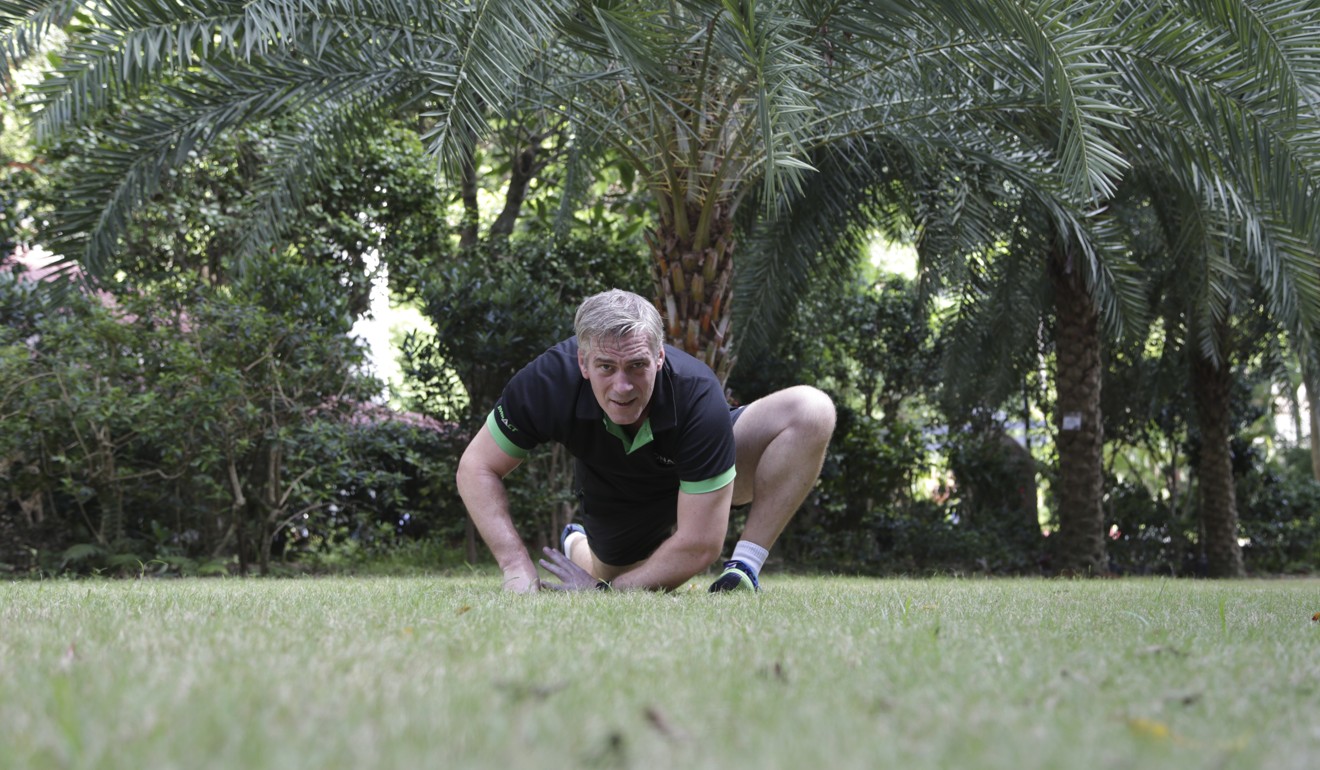
Recently, I helped world-class Hong Kong athlete Charlotte Cutler, who competes at the masters level [as a 1,500m runner]. She was referred by a physiotherapist as she suffered from a recurrent Achilles injury. We’ve been working together for a couple of years and last year she won a gold medal at the Asia Masters Championships in Singapore.
Contrary to popular belief, I don’t enjoy training. Most people don’t and I’m no different – because I’m sane
Do you find it easier training pro athletes having been one yourself?
Understanding the demands of high-level sports performance [and] the mental fortitude needed to deal with injuries and rehabilitation have helped me better relate to the athlete.
Is there anyone you wouldn’t train?
Yes, people who are not willing to work hard or apply themselves. They don’t have to be world class athletes, they just have to have the desire to change.
Your focus now seems to be on the role DNA plays in our fitness. Does that mean you can estimate a person’s potential based on their body’s blueprints?
No, DNA testing is in no way a talent identification tool. What we can do is tell people how to optimise their training and get the best results for the time and effort they put in. This is regardless of the goals they have. DNAFit does not change what you are training for, but does often change the methods you use and enable you to get results faster – whether your goal is to run a marathon, get more muscular or improve your sport performance.
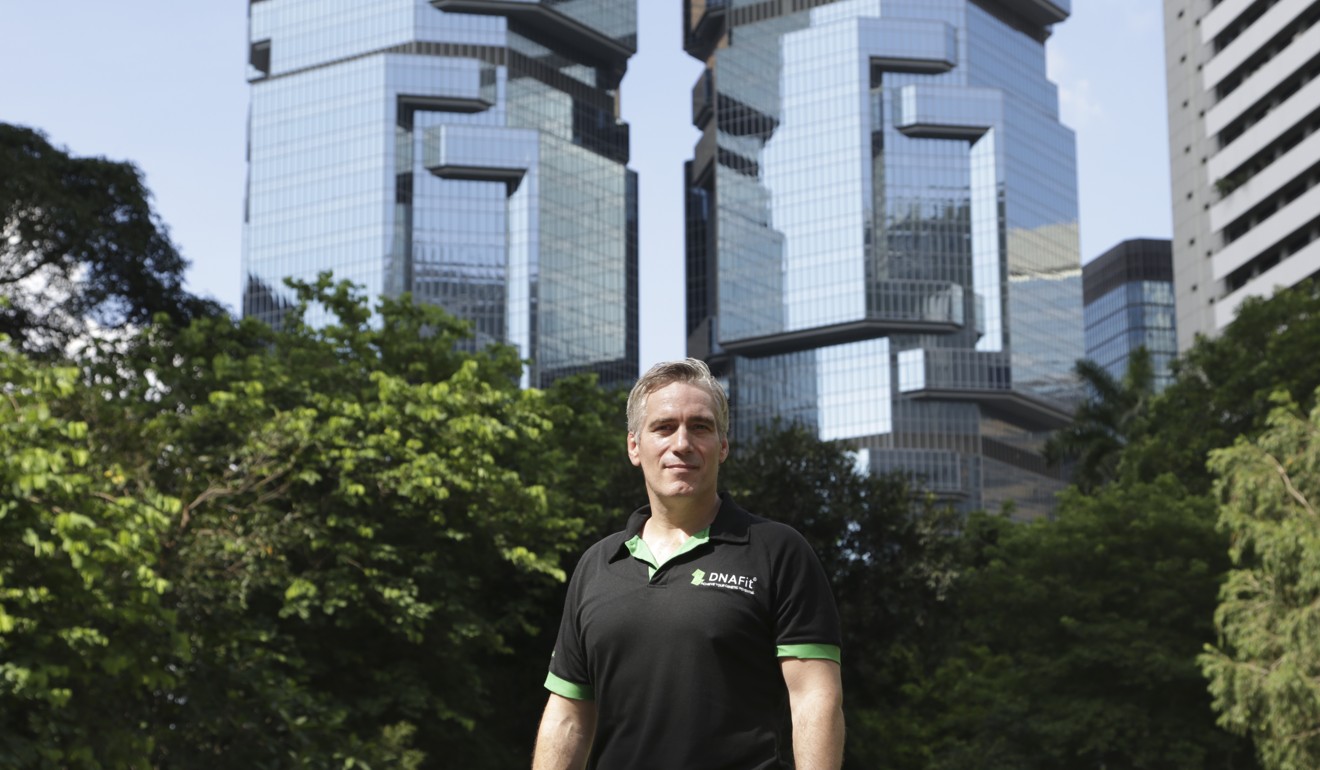
Can this approach help someone just looking to lose the love handles?
Yes, this is not just a test for elite athletes, it’s a great test for anybody who just wants to lose weight. We have tested many people who have a weight loss goal that they haven’t been successful in achieving before and the test has helped them to lose weight and tone up. One such client just contacted us to say he’d lost 26kg in the last nine months following our dietary and training advice … and he owns a bar where temptation is all around.
Where in Hong Kong to get latest skin fix – DNA repair enzyme products
You’re known in fitness circles as a health geek. Is that an accurate description?
Science geek, maybe. Health geek, no. While I work in the fitness industry, I also like to live my life and not live like a monk. You’re just as likely to find me enjoying a beer with friends as you are in the gym.
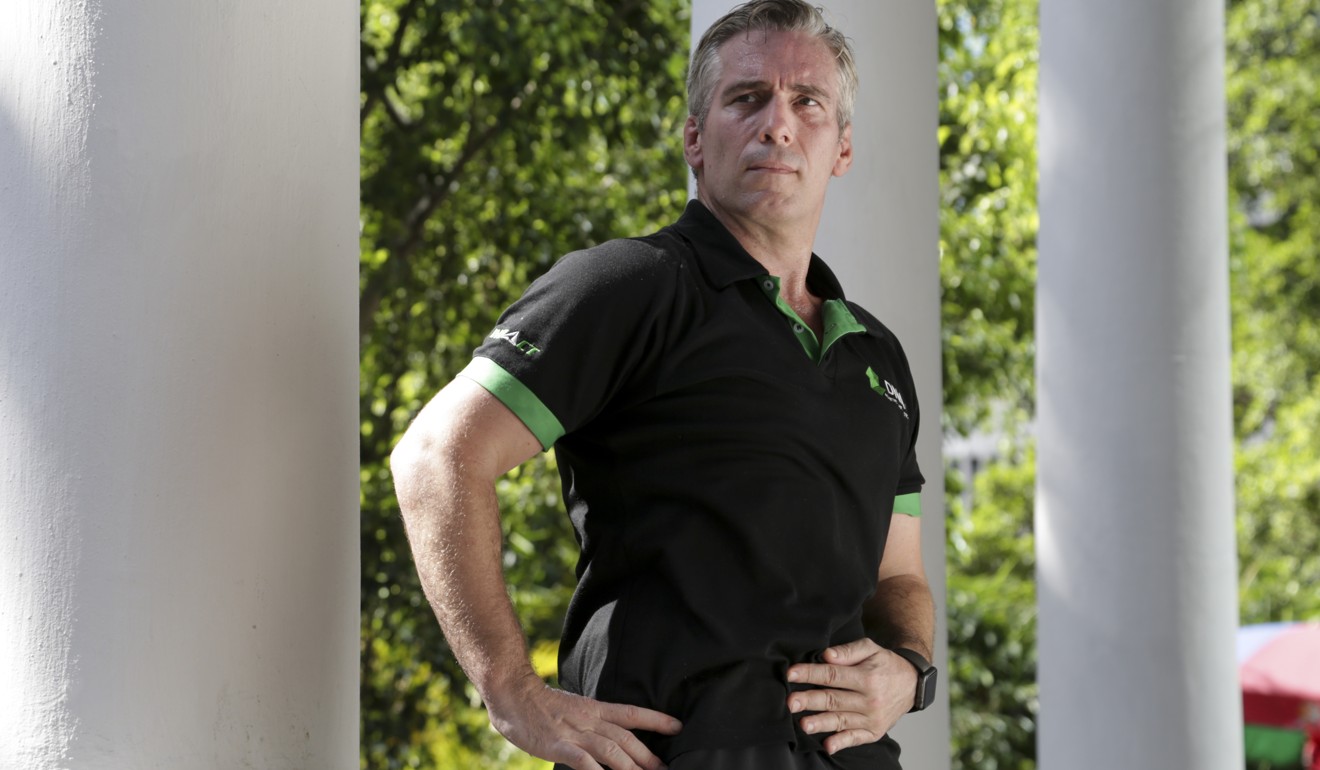
Looking at your career in sport, when would you say you were the most fit?
That depends on how you define fit. From a cardiovascular fitness standpoint, it was probably when I was playing pro rugby, but I was 115kg and had about 22 per cent body fat at the time. From a lean and muscular standpoint, it was actually only four and a half years ago when I moved to Hong Kong and weighed 88kg with about 12 per cent body fat. That soon ballooned to 103kg after six months in Hong Kong (which I think is most peoples’ experience). I’m back to 93kg now so I’m trying to combat the Hong Kong lifestyle as much as possible.
Five unusual Hong Kong water sports you should try this summer
How do you stay fit?
It’s a battle. Contrary to popular belief, I don’t enjoy training. Most people don’t and I’m no different – because I’m sane. I like to play sports, so I visit the gym to control my weight and keep me strong enough to play sports and not be injured. I try to do three to five sessions a week in the gym and then play sports as often as I’m in Hong Kong, which isn’t much because I travel in the region.

